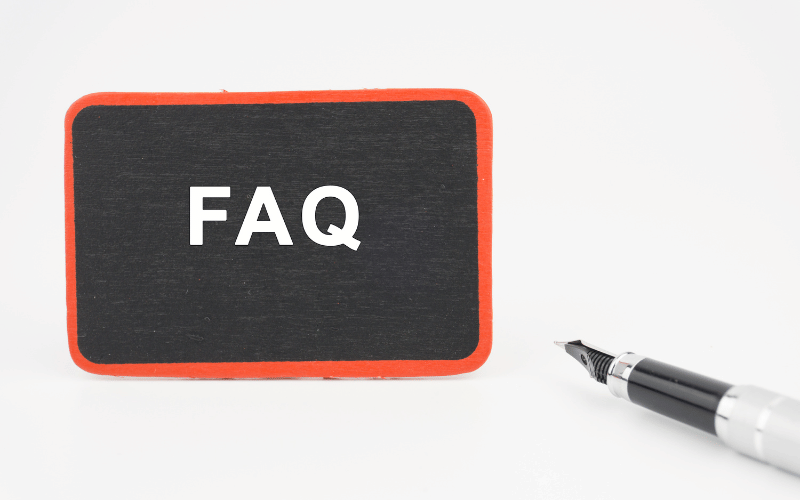Frequently Asked Questions about Celiac Disease Symptoms

1. Can celiac disease symptoms appear later in life?
Absolutely. While many associate celiac disease with childhood onset, symptoms can emerge at any age. It’s not uncommon for individuals to be diagnosed in their 30s, 40s, or even later. Changes in the body, stress, surgery, or pregnancy can sometimes trigger its onset in adulthood.
2. I’ve been experiencing some of these symptoms but tested negative for celiac. What does that mean?
A negative test doesn’t always rule out celiac disease. Sometimes, tests can produce false negatives. If you’re still suspicious, consider getting a second opinion or undergoing further testing. Additionally, there’s a condition called non-celiac gluten sensitivity that mirrors many symptoms of celiac disease but doesn’t test positive for it.
3. Are there any other skin conditions linked to celiac apart from rashes?
Yes, there’s a specific condition called Dermatitis Herpetiformis (DH), often dubbed the “celiac rash”. It’s a blistering, itchy skin condition directly linked to gluten ingestion in those with DH. However, it’s essential to note that not everyone with celiac disease will experience DH.
4. How long after starting a gluten-free diet will my symptoms improve?
The timeline varies for each individual. Some might notice improvements within days, while others might take months. Factors like the severity of damage, age, and adherence to the diet can influence recovery time. For some symptoms, like dental enamel defects, there might not be a reversal, but progression can be halted.
5. If I suspect I have celiac disease, should I start a gluten-free diet immediately?
Before initiating a gluten-free diet, it’s crucial to get tested for celiac disease. Starting the diet before testing can skew results and make it challenging to get an accurate diagnosis. Always consult with a healthcare professional before making any drastic dietary changes.
Conclusion: Piecing Together the Celiac Puzzle
Celiac disease, with its wide-ranging symptoms, is undoubtedly a multifaceted condition that can profoundly affect an individual’s quality of life. From the outward manifestations like skin rashes to the more insidious ones like peripheral neuropathy, the spectrum of symptoms paints a picture of a body reacting vehemently to gluten ingestion. These reactions are more than just fleeting discomforts; they are signs of an immune system in distress, attacking its own in a case of mistaken identity.
However, the silver lining amidst this cloud of symptoms is that awareness and understanding can pave the way for intervention and relief. By recognizing the signs and seeking timely diagnosis, one can chart a course towards a gluten-free life, which, for many, brings with it the promise of symptom alleviation. In the maze of health conditions and diagnoses, being armed with knowledge and vigilance is paramount. For those grappling with celiac disease, this not only means a return to physical well-being but also a reclaiming of peace of mind.